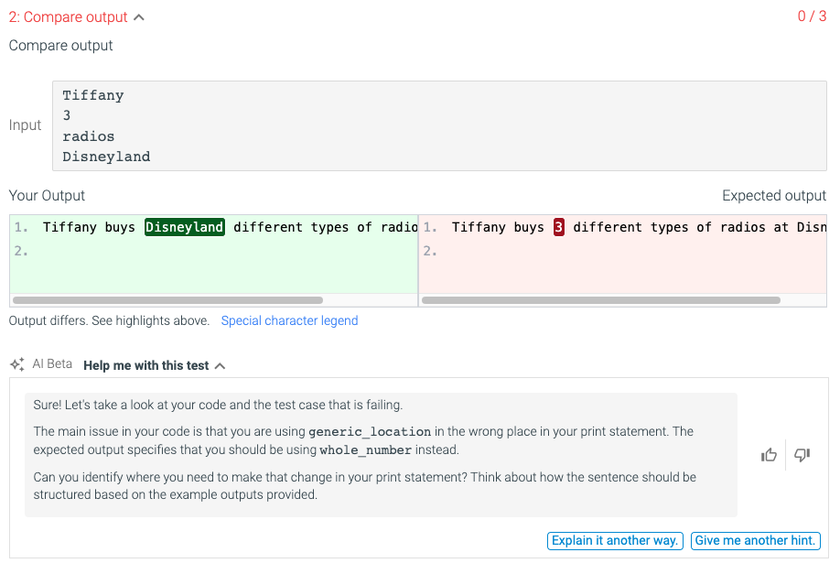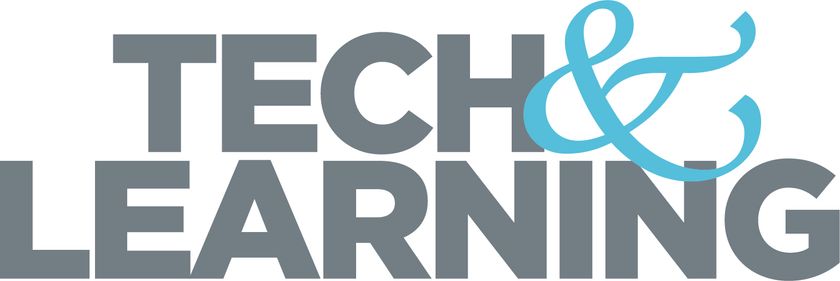Reimagining Search Committee Service
How serving on a search committee can help reshape your institution

Academia strives to be an imagined community in a variety of ways. From student admissions to faculty and administrator recruitment, higher education attempts to create a diverse and idealized space.
Search committees for various positions are a critical aspect to this dynamic, however, few faculty, administrators, students, and alumni choose to volunteer for such an opportunity, as these are often seen as a “service” responsibility. Faculty and staff also are reluctant to step up because search committees can be time-consuming, political, and can yield to unconscious bias, and offer little, if any, incentives. Yet, search committees matter for shared governance and team building across departments and professions.
Search Committee Service and DEI
Interestingly, I realized that I served on a dozen search committees within the last nine years at my university. I wasn’t so much surprised by the overall number but more intrigued by the range of searches. Naturally, there were searches for departmental faculty positions as well as administrative posts for university advancement, alumni, and librarian offices.
I was asked to participate in a few university vice president searches, although I initially did not want to serve. My university president rightfully lobbied me to help with diversity, equity, and inclusion (DEI), and in the process, I learned that even though I had prior experience in advancement and enrollment management areas in VP searches, I expanded my understanding of campus policies surrounding DEI issues. Most importantly, I had an enlightening and interactive experience working with faculty and administrative colleagues.
Serving on the DEI vice presidential search committee, particularly for an inaugural position, led to competing visions of what we envisioned for the office. It was fascinating to witness, but also be a part of, committee members taking sides on relevant requirements and supporting specific candidates. Ultimately, the viewpoints and respect across so many administrative, faculty, and student perspectives were revealing. We might have had our disagreements and differing personalities, but we shared intriguing visions for a new administrator to help lead our campus.
Search Committee Service: What to Consider
As a search committee member, you are missioned to gain an understanding that candidates know about your campus culture. How a candidate fits into, but also adds to, a campus environment is critical. This is especially important for cabinet-level and dean posts. Candidates should instill and effectively carry out your institution’s goals.
Search Committee Considerations:
Tech & Learning Newsletter
Tools and ideas to transform education. Sign up below.
- Why were you chosen to be on the search team?
- What can you add to the committee?
- Will the committee service help or distract your time away from work?
- What are the shared goals and competing concerns of search committee members?
- How will the candidates add to a campus culture, communities, and mission?
In a small yet interesting way, serving on a search committee is like playing matchmaker between your education employer or alma mater and candidates. You remain hopeful it will be an ideal match and candidates have an understanding of an institution’s goals and they will add to the campus community. Effective committee chairs make an impactful difference in the search committee process as well.
When candidates ask probing questions and raise concerns about an institution’s future directions, it is an essential part of an interview. Consequently, a search committee’s questions to candidates should include their resolving challenges and what drives them to face adversity.
This is why a search committee’s composition matters because it should reflect various populations of a campus community. Search firms can help with these recruitment and questioning angles. When candidates raise questions, are committee members providing packaged responses or are they speaking from anecdotal and empirical evidence? Accordingly, how do candidates respond to committee members’ answers? Many of my search committee colleagues provide experiential responses and I am often struck by their genuineness.
Search committee interviews provide revealing moments and remind me why I serve on my university’s search committees for so many campus posts. Searches reinforce the mission of your institution and your role on campus. You can demonstrate to others – including candidates – that you and they are valuable assets for a campus community’s mission and future.
Jonathan L. Wharton, Ph.D. is the School of Graduate and Professional Studies Associate Dean and teaches political science at Southern Connecticut State University in New Haven. He is also a frequent contributor on WNPR and CT News Junkie columnist.












